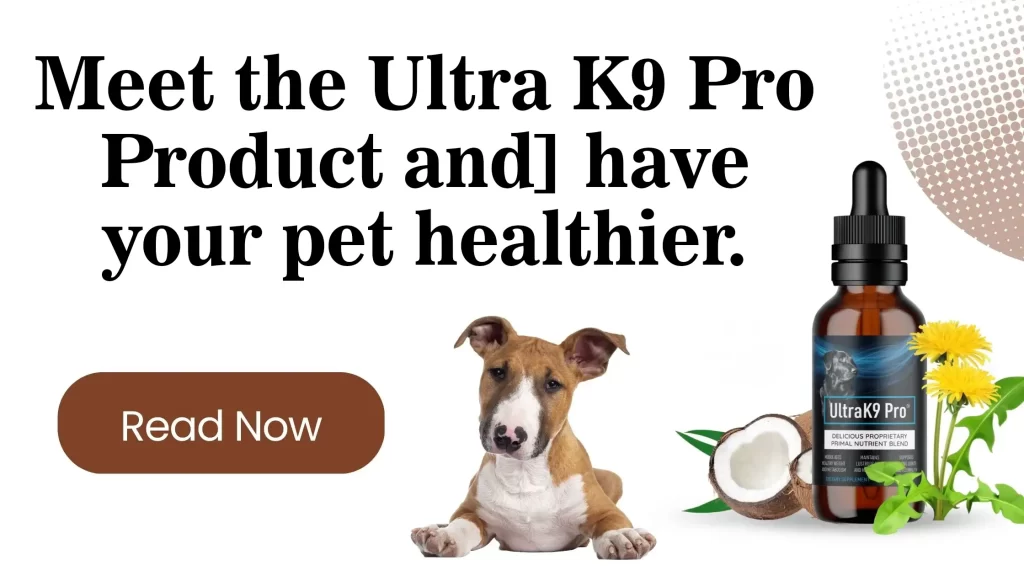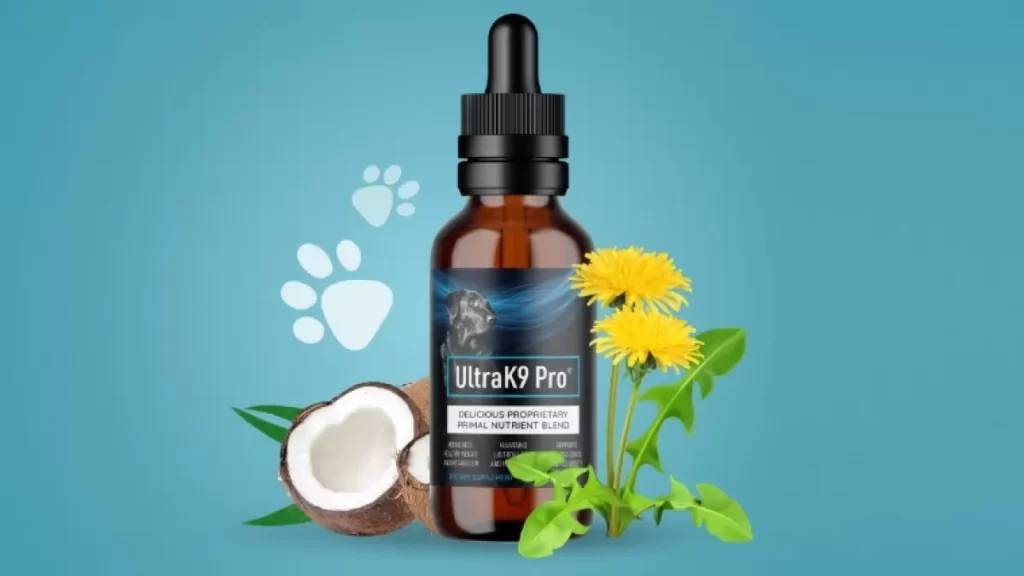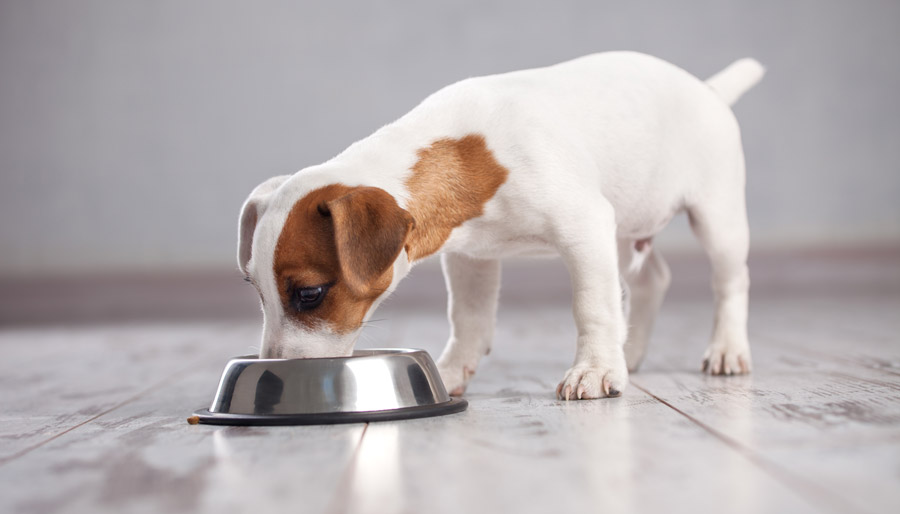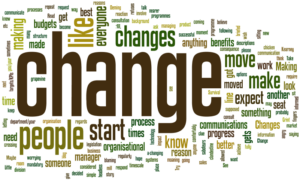What age does the puppy eat puppy food until
What age should a puppy eat puppy food? This is a very common question in our clinics, and it’s common for pet owners to come in and ask as their first question: ‘I got a puppy at 30 days, now what?’
For us veterinarians, the generic answer, ‘until a certain age,’ is always the simplest to give but never the most accurate.
So, grab a pen and paper, and come with us here at CLUB OF PETS to learn what to feed a 1-month-old puppy or even a little older.
So, Until What Age Is a Dog Considered a Puppy? The reader of this post needs to first understand that there are some physiological differences in determining this transition from puppy to adult phase for different domestic animal species.
Another point to note is that even within the same species, there are some distinctions in the age at which your pet will make the transition. Dogs, for example, have ‘three age ranges’ depending on their physical size (small, medium, or large).
Do you know how to calculate your dog’s age? Then click here to see if your best friend is still a puppy.
What is more solidified within the literature and basic veterinary concepts is the entry into the puppy phase, meaning when animals go from being newborns to puppies.
Throughout this post, you will learn to determine this ‘magic date’ with great precision.
Can a Puppy at 20 days, 30 days, or 45 days Eat Dry Food? This is a very common question and is often the first question asked by pet owners once they have chosen their puppy.
The little ones will start weaning, which means transitioning from exclusive mother’s milk to natural food or dry kibble at around 45 days of age.
Therefore, puppies between 20 days and 44 days of age will still be exclusively fed mother’s milk.

So, puppies below the ideal age range, at 20 days, one month, or even 45 days, should not be separated from their mother, no matter how much the anticipation and love for that adorable little furball are growing.
However, at this point, there will still be a long journey for your future furry friend to be fully developed and ready to live exclusively on natural food or dry kibble, in other words, to be completely weaned.
A puppy under 60 days of age should not be put up for adoption or for sale because there is a significant risk that they are not yet prepared for the abrupt physiological changes of this early stage of life.
At What Age Can a Dog Eat Dry Kibble? Around 20 to 30 days of age, puppies’ teeth start to emerge, and they begin to show interest in foods other than mother’s milk.
However, at this point, the mother dogs start to disallow the puppies from nursing because they can hurt her mammary glands during feeding.
Naturally, weaning begins to occur.
This weaning process should not be rushed since the puppies still need the nutrients found in mother’s milk, and their teeth are not yet strong and developed.
So, a puppy’s diet at around 45 days of age will already be transitioning – from exclusively mother’s milk to allowing the introduction of independent feeding.
However, we should not offer dry kibble yet because the puppies’ teeth are still thin and fragile. It’s essential to go through a diet transition process for the puppy.
Diet Transition – I Got a Puppy at 30 Days, Now What? We should initiate the transition from nursing to introducing kibble by providing wet food at the end of the first month of life.
So, at how many days can I start feeding puppy food? Right around this age, 30 days of life.
Initially, the kibble should be quite wet and mashed, resembling a porridge.
Gradually reduce the amount of water over the weeks. This will lead to providing fully dry kibble by the end of the third month.

By the end of this period, the puppy will certainly be developed with stronger teeth, capable of chewing food and healthy treats without major issues.
Moreover, remember that the puppy should only eat specific puppy food until they reach adulthood.
If this doesn’t happen, your puppy’s development could be compromised due to nutritional deficiencies.
So, to summarize the main questions asked by you in our clinic so far:
Can puppies at 20 days eat puppy food? No. What to feed a 20-day-old puppy? Only mother’s milk. At what age can puppies eat puppy food? From 30 days onwards – transition. When do puppies start eating? Milk – a few hours after birth / Kibble – from 30 days of age. Can I get a puppy at 30 or 45 days? You shouldn’t. It’s better for the transition to kibble to be done alongside the mother and siblings. What to Feed a 1-Month-Old Puppy? For those of you who are currently in this transitional phase with your puppy, it’s essential to know what dog food options you can offer to your young pup.
The first option is to transition with dry kibble specifically designed for puppies. Puppy kibble is the preferred choice for many owners because it meets the needs of their furry friends.
Another option for feeding a 1-month-old puppy is to use natural food from this early stage of the puppy’s life.
In these cases, natural dog food, whether cooked or raw, should be balanced by a veterinary nutritionist to ensure your young puppy stays healthy.
Therefore, there are several ways for you, as a pet owner, to know how to feed a 30-day-old puppy.
Check out the two links below to see which path you want to take for your puppy.
You will also like this post: Dog Food: Which Type to Choose?
You will also like this post: Natural Diet for Dogs and Cats vs. Homemade Food. Is There a Difference?
Can I Leave Kibble Out for My Puppy? It’s not recommended to leave kibble out for puppies.
It’s interesting to start teaching our furry friends to have set feeding times from this phase onwards. Providing food at predetermined times has numerous benefits for your pet, such as preventing obesity.
Learn all about the risks of obesity in dogs in this post.
But what if my puppy, even if over 20 days old, doesn’t want to eat kibble!!! What should I do? During this initial introduction to dry food, it’s very common for some puppies to not have an appetite for kibble.
The puppy may not eat kibble because they don’t like the taste and/or texture of the food, they may be afraid of the new environment they’ve moved to, they may be anxious, they may have an illness, or they may still be very young, for example, a 20-day-old puppy.
You can moisten the kibble or even microwave it (to release more aromas and stimulate the animal). However, another possible solution is to offer a different type of kibble and see if your furry friend accepts the new option better.






